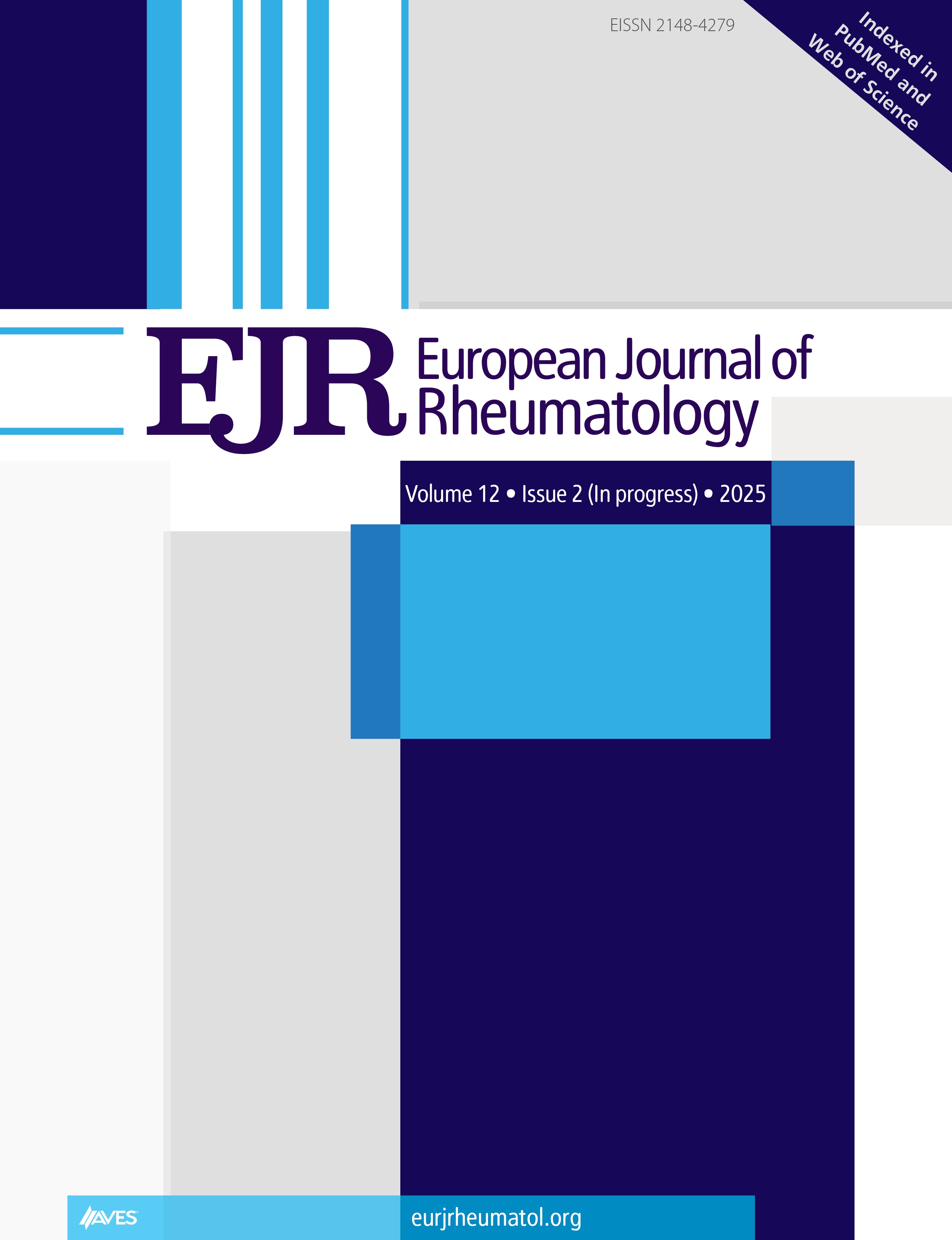Abstract
Objective: Rheumatoid arthritis (RA) is a multifactorial disease; it leads to disabling and painful chronic inflammatory arthritis. Its onset may be delayed or even prevented by modifying the risk factors involved. Many genetic, epigenetic, and environmental factors are implicated in the pathogenesis of RA. The objectives of this case-control study were to assess various risk factors in our population and to compare the same with age- and sex-matched controls.
Methods: We studied 118 cases with RA diagnosed using the EULAR criteria. In total, 581 age- and sex-matched controls were selected. Each individual was administered a separate questionnaire regarding their risk factors (known risk factors were studied). The implicated dietary factors were incorporated in a food frequency questionnaire (FFQ) and administered to both cases and controls. Comparison was made between those who consume an item at a particular frequency, who consume less, and who consume nothing at all. Among those who consume, each group was re-compared. Statistical analysis was conducted using Statistical Package for Social Sciences (IBM Corp.; Armonk, NY, USA).
Results: There was significant relationship for family history, periodontitis, history of chikungunya, and sun exposure (p<0.05). Association with various food items was studied using the FFQ, but the relationship was inconsistent, probably due to consumption of modified diet by the persons with RA. Also, a majority of cases were females and nonsmokers for assessing an association with smoking habits.
Conclusion: In our population, previous infections (e.g., chikungunya and poor oral hygiene with periodontitis) were the prominently observed risk factors. Also, smoking was less common among women, and probably contributed less, as majority of cases were females. For dietary pattern association, a prospective cohort study may be needed.
Cite this article as: Paul B, Pariyapurath R. Risk factor assessment of rheumatoid arthritis in North Kerala. Eur J Rheumatol 2018; 5(3): 184-90.



.png)